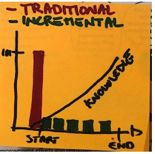Travelling by foot with a rucksack on my back and a mask on my face is not easy. Restaurants are shut, buses make their own schedules and arbitrarily decide not to run if there is nobody around despite advertising their services and selling their tickets online.
I look weird and people look at me with suspicion, i am at peace with that, i am properly starting to not give a fuck about it, it is liberating.
Sometimes, when i show up at a bar, people get startled, they are not used to seeing people travelling alone, in particular in this lockdown time. People these days are afraid of everything and they combat their fears by buying the latest gadget or that book that promises huge improvements by following 5 easy steps. Patience and slow learning is no longer of this world.
Cecina is a lovely tuscan village north of Rome and home to some great people i met while working in Dublin. I was returning to the continent from Sardinia and as my ship to Genoa got cancelled for 2 full weeks due to the pandemic, I decided to sail to Livorno and go visit Cecina and my friends on my way to Genoa.
One early morning i walked from the main village to the marina through the fields. It was beautiful to watch the sun rise from the Apennines in total silence with only 2 builders on top of a roof calmly staritng their working day.
The pine forest that precedes the beach is really beautiful, well kept and with a 5k track to exercise, for free. I was the only one, everybody else at home hiding from the pandemic. I had a great time doing the track, in silence, with the noise of the rain dropping softly on the maritime pines that protected me.
Then I went to the beach. Wild and full of tree trunks, in front of an agitated sea. More silence, more nobody around. Best place for stretching and exercising, using the different rocks to do all the “weights”, it just takes patience to look and find the right one for the right thing to do.
By 11 am i was hungry but all the restaurants were closed and all i could get was pastries in the kiosks at the sea and little pizzas. I wanted something better, so i found a fish shop and got 3 beautiful French oysters that the owner kindly opened for me so that i could eat them in front of their shop. Oysters for breakfast is my favourite thing, they are super tasty and full of energy.
Then i decided to walk back to Cecina and i wanted to find a fountain to drink some water. I asked and some people gave me directions but i could not find it. I saw a man, that later i will learn was called Leo, next to an ice cream little shop working patiently on fixing a bicycle. I moved closer and i asked if he knew where a fountain was. He turned and told me, “here’s the key, the bathroom is at the back, you can wash yourself.” I thought it was a bit weird but I was in need of a quick wash after all the walking and exercise and decided to take on the offer.
I went at the back, washed myself and filled my bottle with water.
I went back to give the key back to Leo and thank him and so I did. I told him that i was very grateful because he not only helped me fill the bottle with water but also offered me something i needed. He looked at me quite puzzled and asked me if i had filled the water bottle in the bathroom. I said yes and he said, “don’t drink that” and he handed me a water bottle from a selection he had in front of him.
I was confused and wanted to pay for it. He said i didn’t need to pay. So i decided to spend some time talkjing to this strange kind man, more or less my age. I had assumed that he was being kind because he saw i am an amputee and sometimes people give me extra care due to that, but what i found out is that Leo is partially blind and didn’t even notice i was an amputee. What he told me is what hit me, he said “I heard it in your voice that you needed help, and i gave it to you”.
I might be walking alone, but with people like Leo I will never be lonely.
Thank you Leo, i will come back when your ice cream shop is open this summer to repay your kindness, or just for a chat.


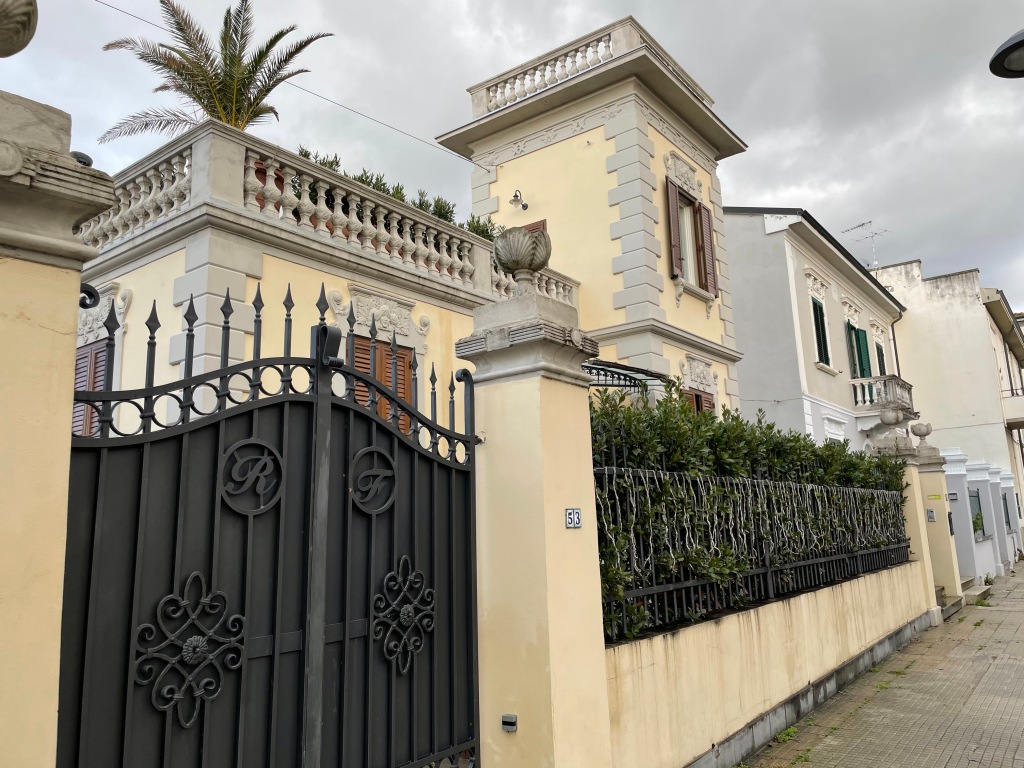



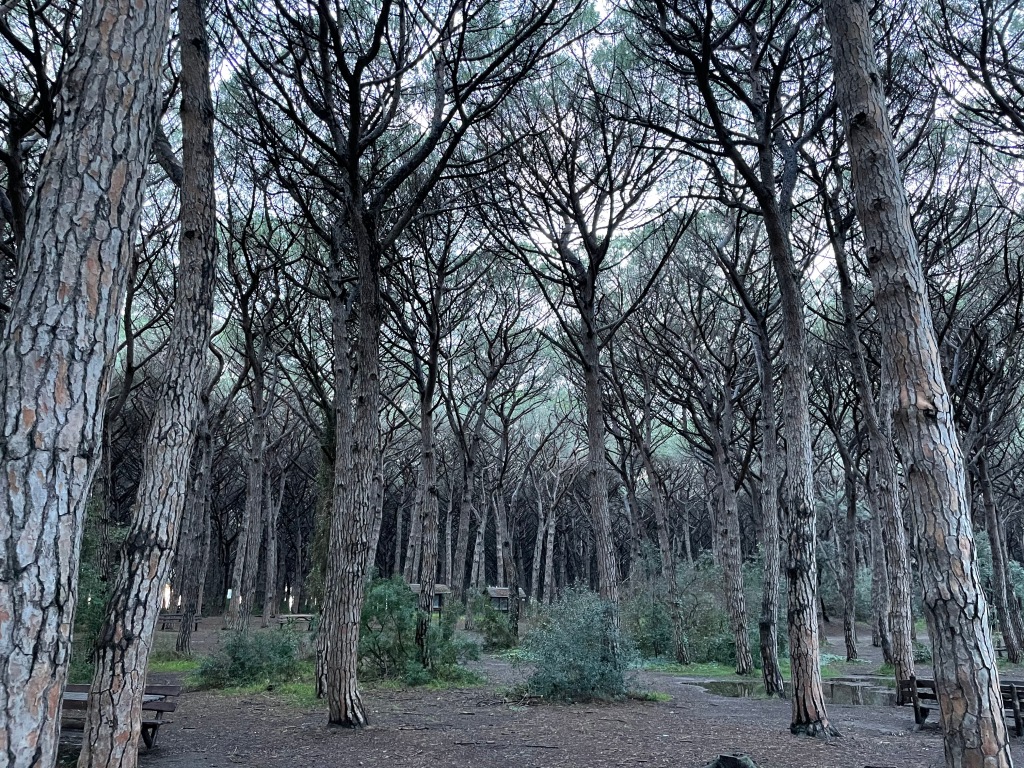





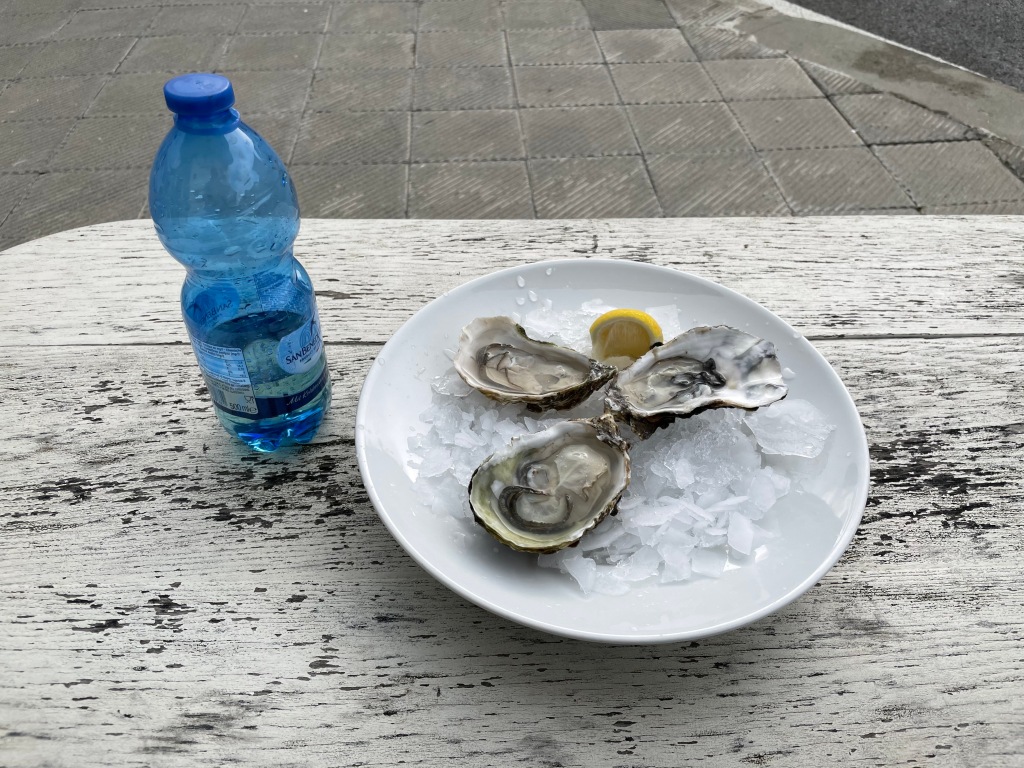






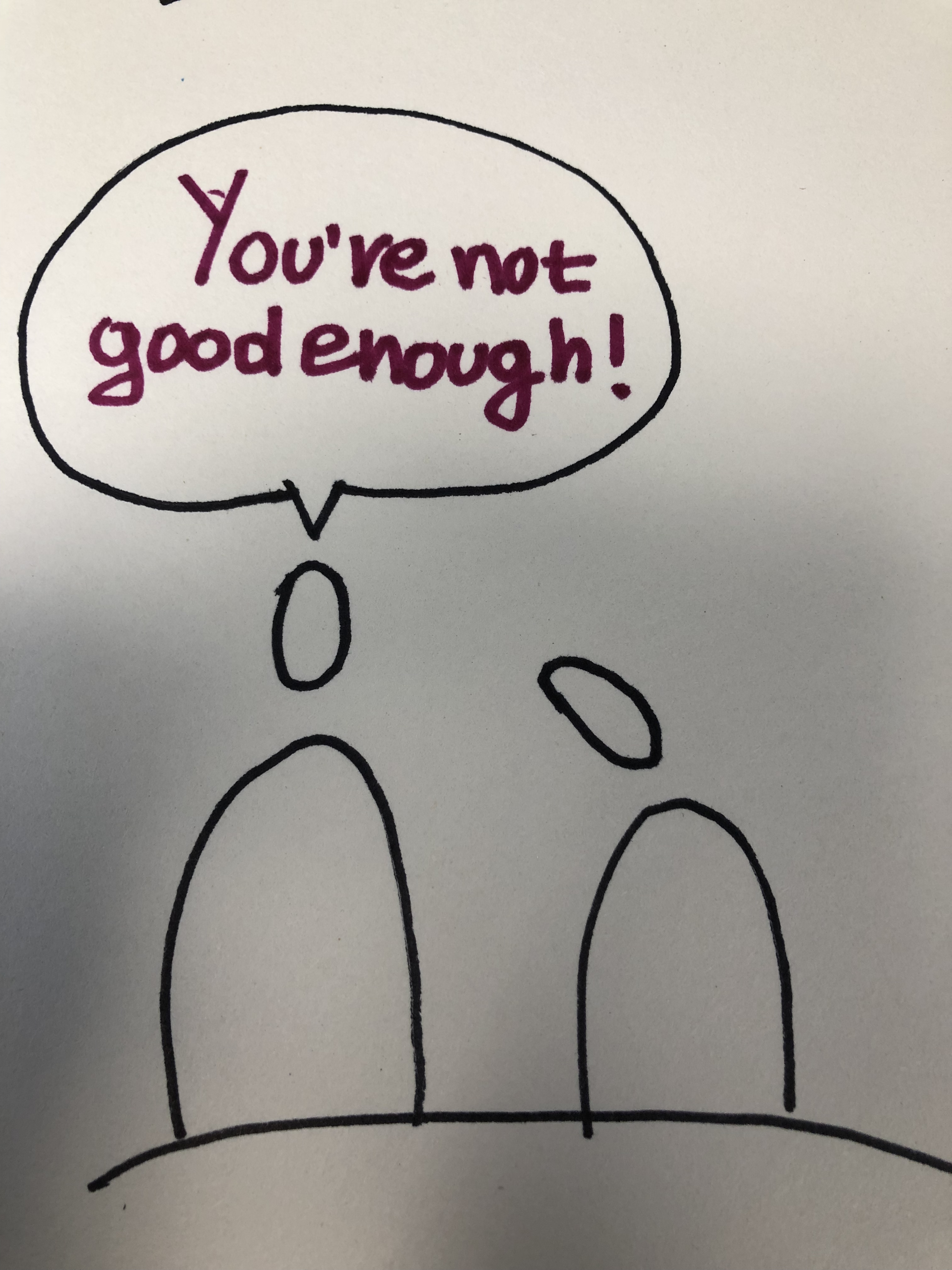 Many moons ago, my confidence was at its lowest. For a few years my leader had convinced me that I was worthless. I remember the feeling of hate I had for my job and at the same time how lucky I felt to have that job, because I was so useless that nobody in their right mind would give me another chance.
Many moons ago, my confidence was at its lowest. For a few years my leader had convinced me that I was worthless. I remember the feeling of hate I had for my job and at the same time how lucky I felt to have that job, because I was so useless that nobody in their right mind would give me another chance.

